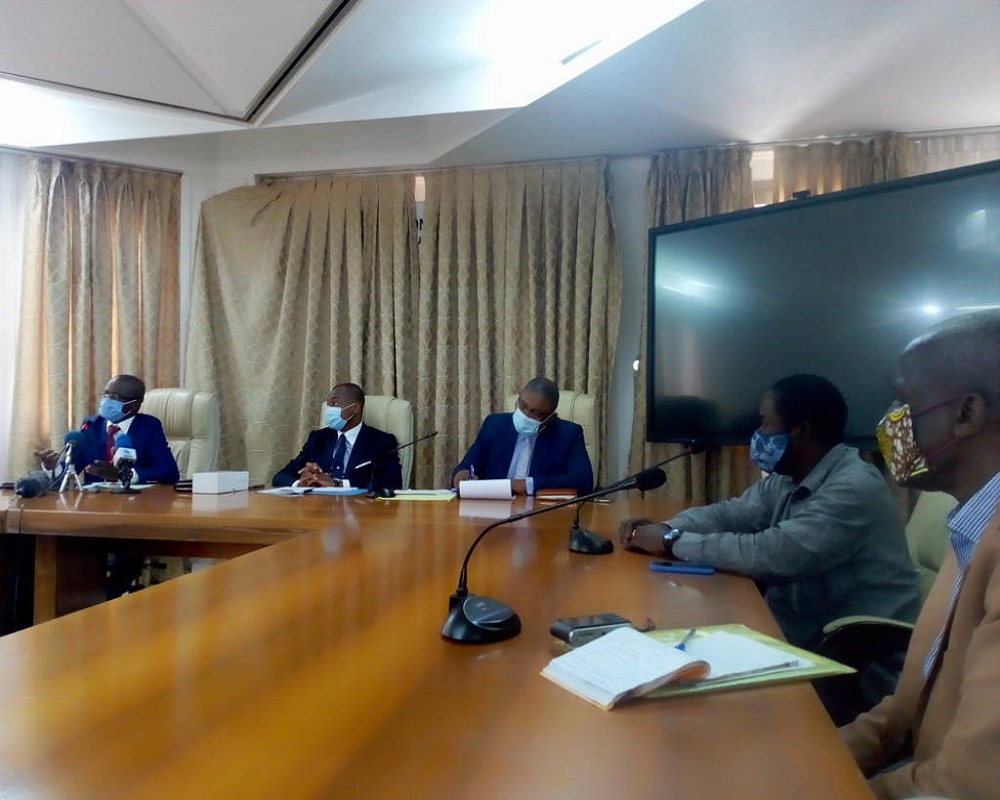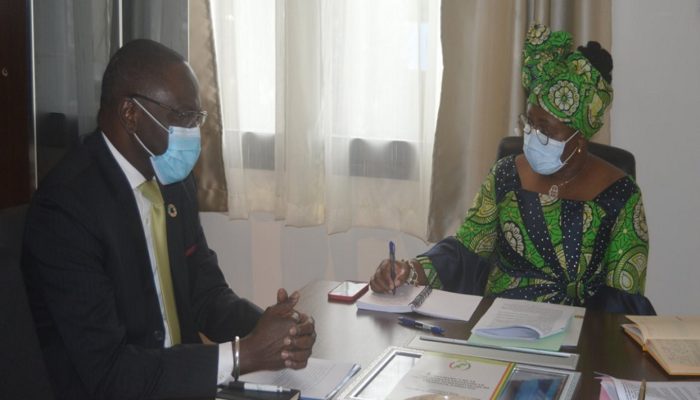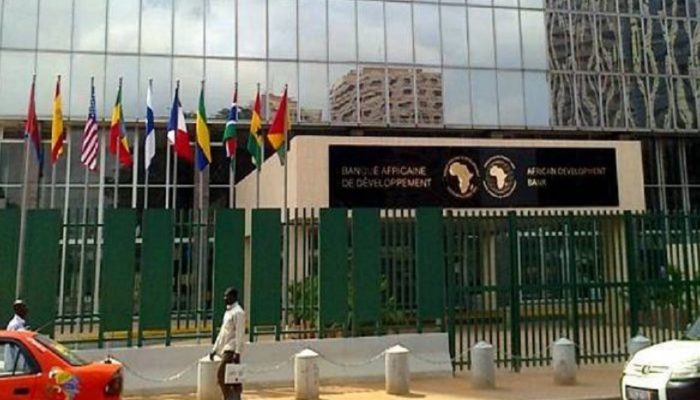The 1,500,000 Congolese with mobile money accounts are invited to use them to pay their telephone, water, electricity and cable TV bills.
The advisor for the Fiscality of telecommunications and digital content at the Ministry of Finance, Atali Mopaya, launched this appeal during a press conference that he co-hosted on September 5 in Brazzaville, with the directors of Legal Affairs of the Post and Electronic Communications Regulatory Agency (ARPCE) and the Large Business Taxation Agency.

This measure, included in the 2019 finance law, is the raison d’être of the “electronic stamp”. In effect since last July, it is billed at 50FCFA on all commercial invoices and administrative documents issued by the Arpce time-stamping, certification and archiving system.
It is taxable to economic operators, commercial establishments and public bodies with a view to the dematerialization of documents. The institution of this royalty will allow the State to electronically and continuously track the payment of taxes such as VAT, additional cent, audiovisual license, etc.
“The responsible minister instructed us to provide details on the modalities for the application of the electronic stamp among billers. It is a means of certifying electronic payment and of archiving it. It does not cancel the paper stamp but comes in addition for archiving and time-stamping needs ”, explained the telecommunications tax advisor, inviting, moreover, channel subscribers who buy their channels electronically to do it also for their water and electricity bills. “It’s more secure especially in this period of Covid-19,” he said.
Reassuring for his part about ARPCE’s ability to certify payments, the director of legal affairs of this public structure, Jean Célestin Endoke, affirmed that the new generation, dynamic systems have been put in place.
For the tax representative, Toussaint Niabia, the Stamp allows this tax administration to control the volume of transactions carried out. It also ensures data traceability and security.
Note that the second phase of the project will go into production next November. It will concern supermarkets, pharmacies, hotels, hardware stores and breweries.





